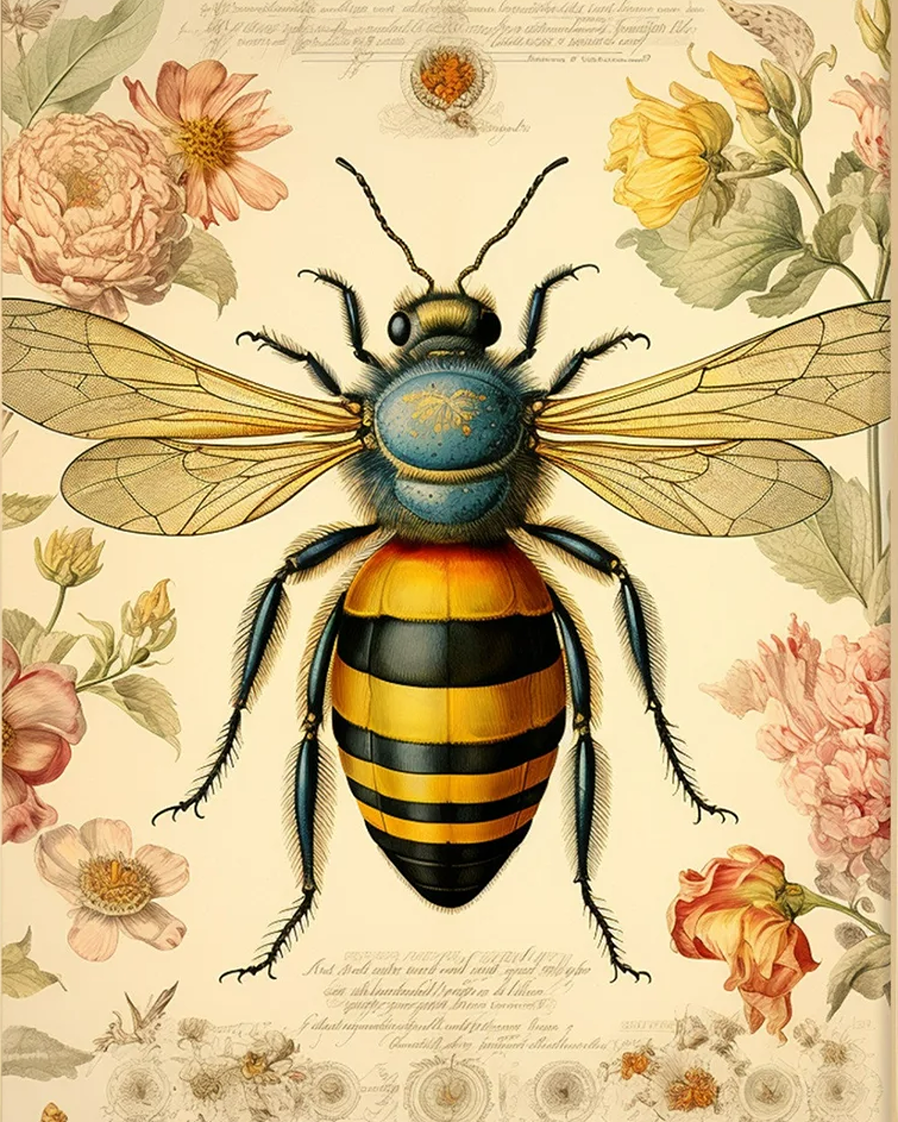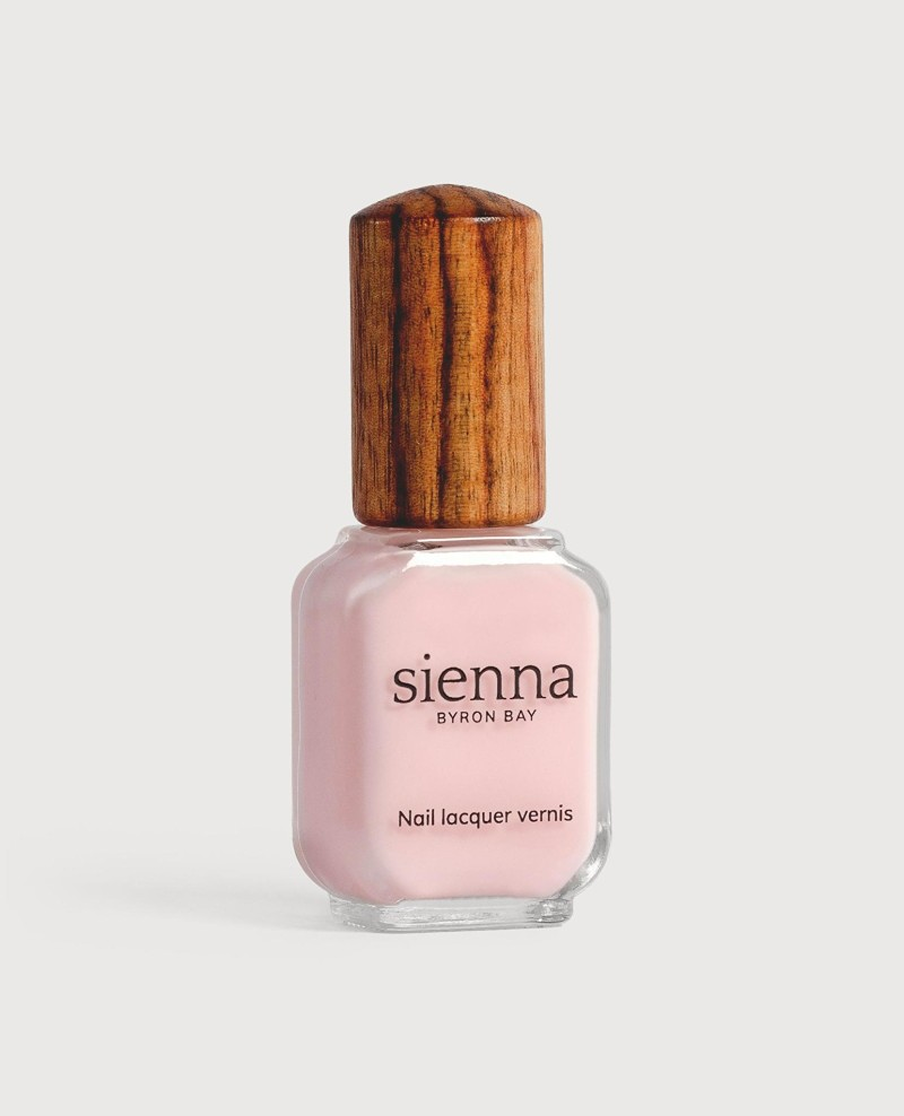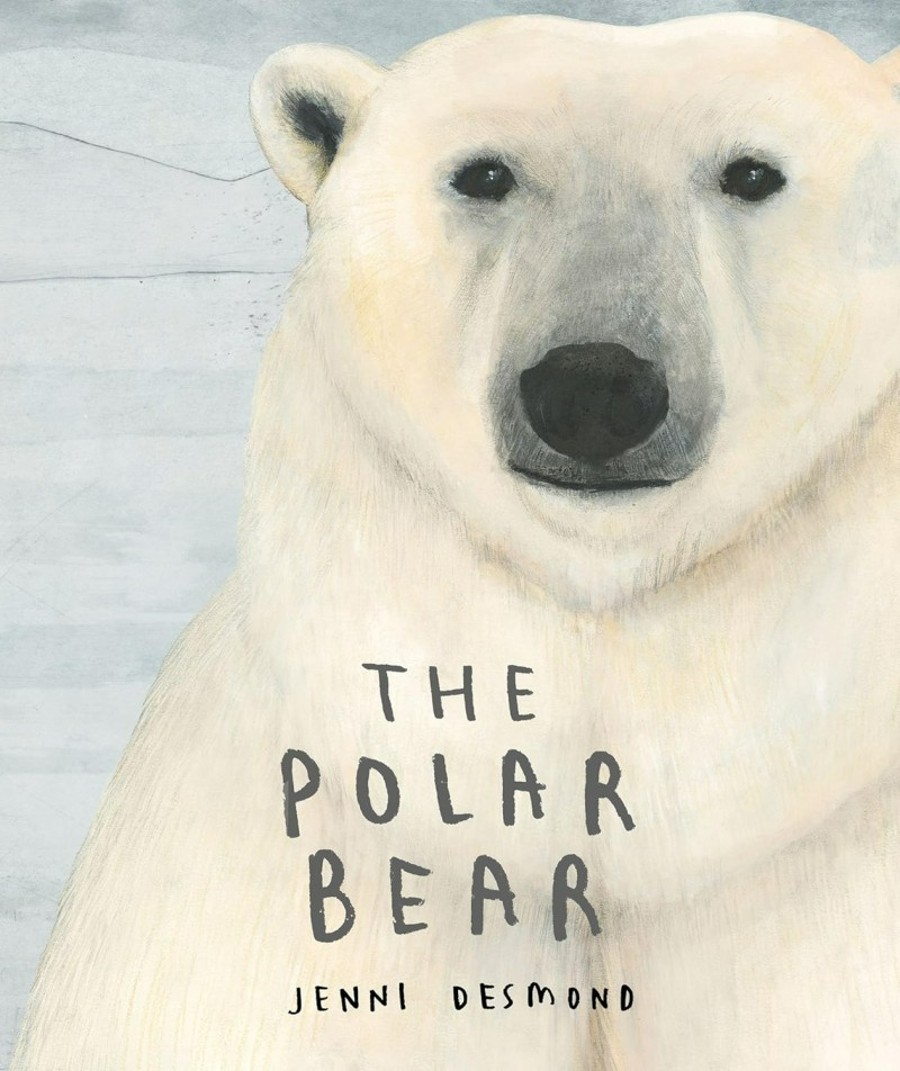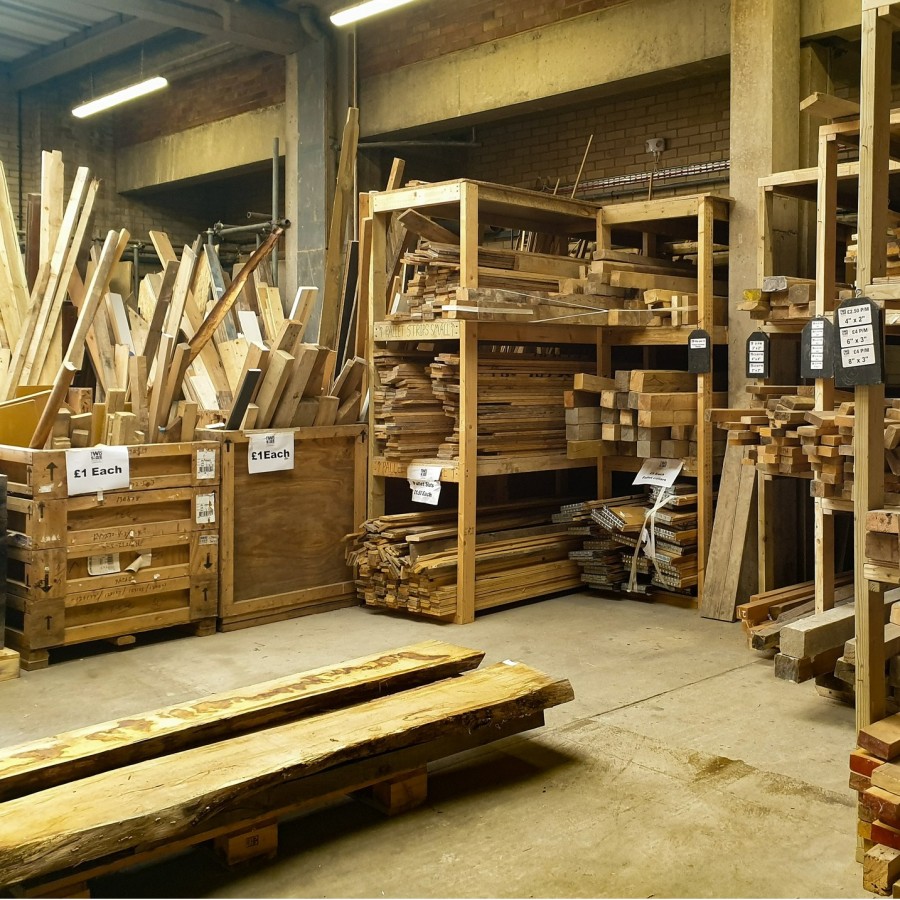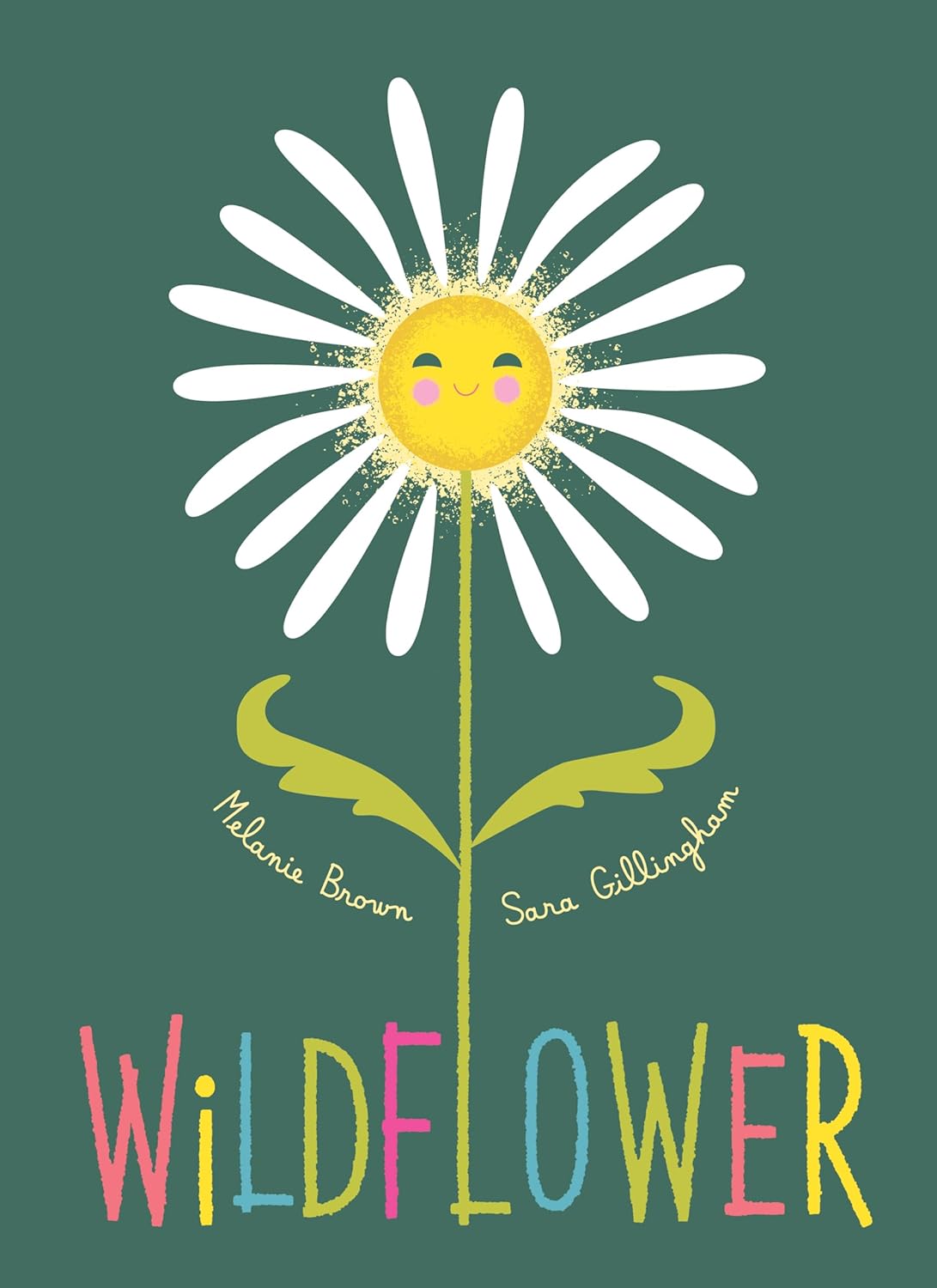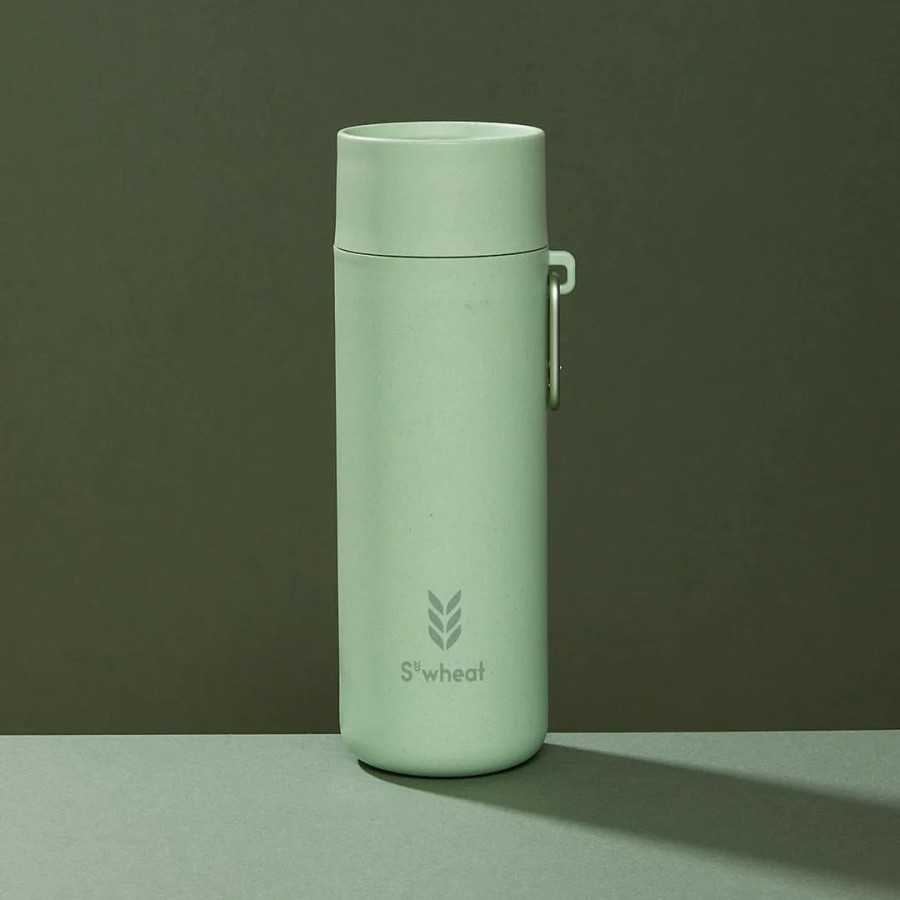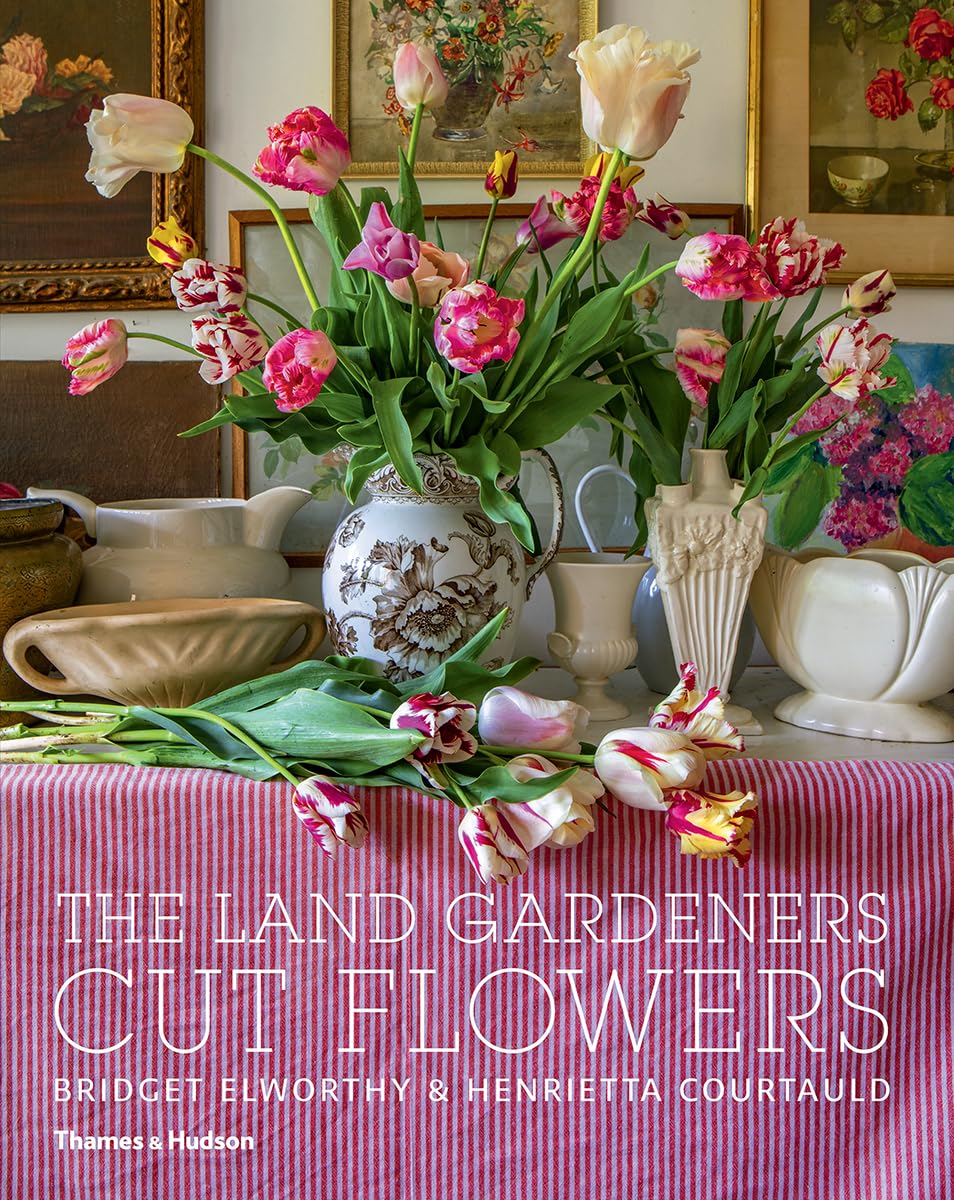
The Land Gardeners is a beautiful book, with information on how to grow over 100 varieties of organic flowers. Homegrown flowers are better for the planet and soil, help local wildlife, last longer and have better scents (no plastic either).
Learn how to make your garden for pets (all bulbs are toxic, along with some other plants and mulches). Never face indoor foliage to gardens, to help stop birds flying into windows.
In this visual diary of life in the garden, the authors share their beliefs on importance of soil health, introduce you to their favourite blooms and inspire you to create your own cutting garden, with expert knowledge on how to grow, and what to gather by season. Based in the original walled garden at Wardington Manor, the Land Gardeners have revived the tradition of working with the land to produce abundant, seasonal flowers for use in design and events.
Bridget Elworthy and Henrietta Courtauld both trained as lawyers before studying garden design. Bridget studied horticulture in London for three years before spending 3 years in her native New Zeland, then moving to Wardington Manor. Henrietta studied with designer Tom Start-Smith and then began her own design business. They both now specialise in the design of productive walled gardens.
How to Grow Flowers in Small Spaces is a lovely book, very simple in design. Each double-page spread includes information on the flower and what you need and whether it’s suitable for a cutting garden. You’ll also learn how to grow 40 flowers from pincushion flowers to towering lilacs. Stephanie Walker is a certified master gardener in Arizona (USA) who specialises in small space flower gardening. She currently maintains a small flower farm and grows flowers for CSA (community-supported-agriculture) flower subscriptions.
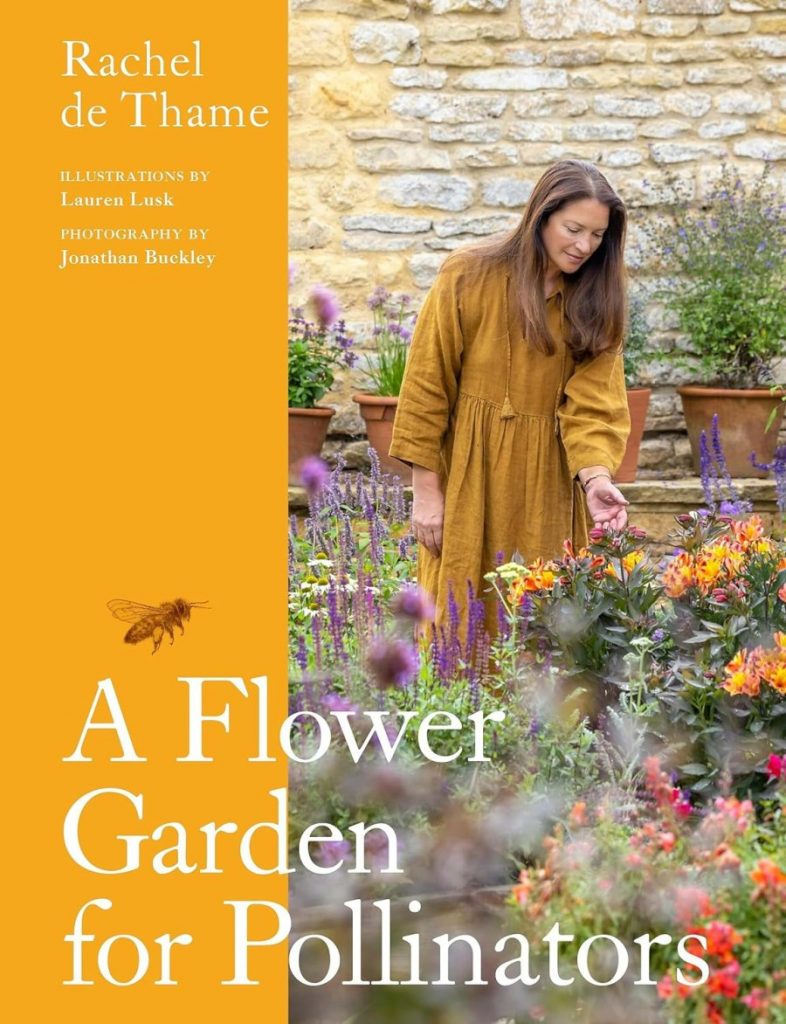
A Flower Garden for Pollinators is a book by BBC Gardener’s World presenter Rachel de Thame, looking at how to provide garden habitats for bees, butterflies and other beneficial insects, by providing plants that are rich in nectar and pollen. Arranged by season and illustrated with hand-painted watercolours and glorious photography, this is ideal for a small urban courtyard to a large country garden.
a beautiful book of seasonal flower projects
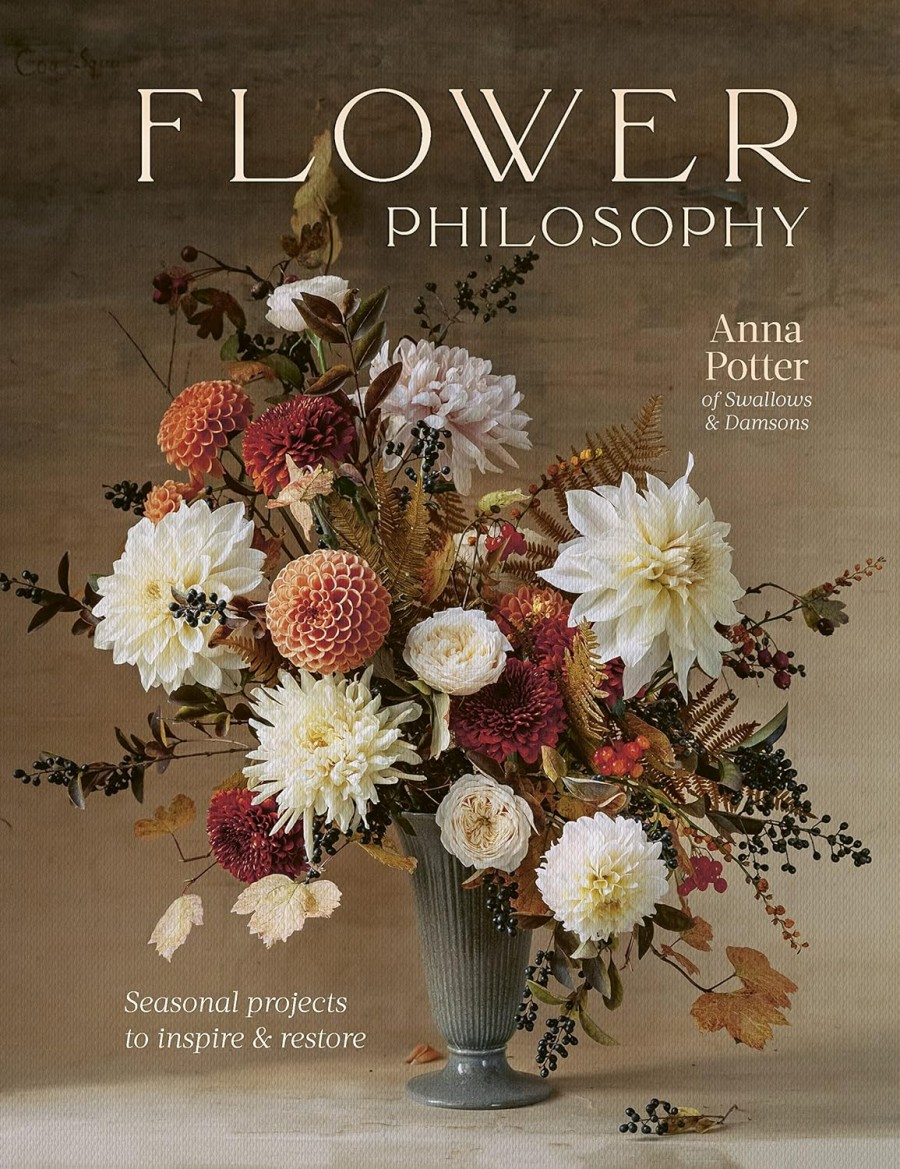
Flower Philosophy is a book of seasonal flower projects to inspire and restore. Designed to free readers from the pressures of perfection, this book of beautiful ideas designed to encourage freedom. Flowers are not perfect, nor should arranging them be!
Create truly original flower arrangements, with 25 combinations of stems and foliage, letting each unique bloom inspire with this honest and liberating florist’s guide. Start with nature, then find a wealth of practical tips including budget-conscious choices (like small humble buds, weeds, foliage, fruits and vegetables).
With author stories, poems and musings, there are also tips to improve your wellbeing with nature, and an unorthodox flower index of often-forgotten blooms (with ideas for pairings and benefits to senses, mood and meanings). Arranged by season, this flowers can all be bought, found or foraged from your local neighbourhood.
Anna Potter is founder of a flower shop, which she opened after taking a Fine Art degree at Sheffield University. She learned floral design, while working in various flower shops, and now has almost 200K followers on Instagram, yet still retaining a little flower shop in the heart of the community, which brings an unexpected and uniquely wild feel to the industry, drawing inspiration from imperfection and the rich darkness of Dutch still-life paintings.
where to buy seasonal organic flowers
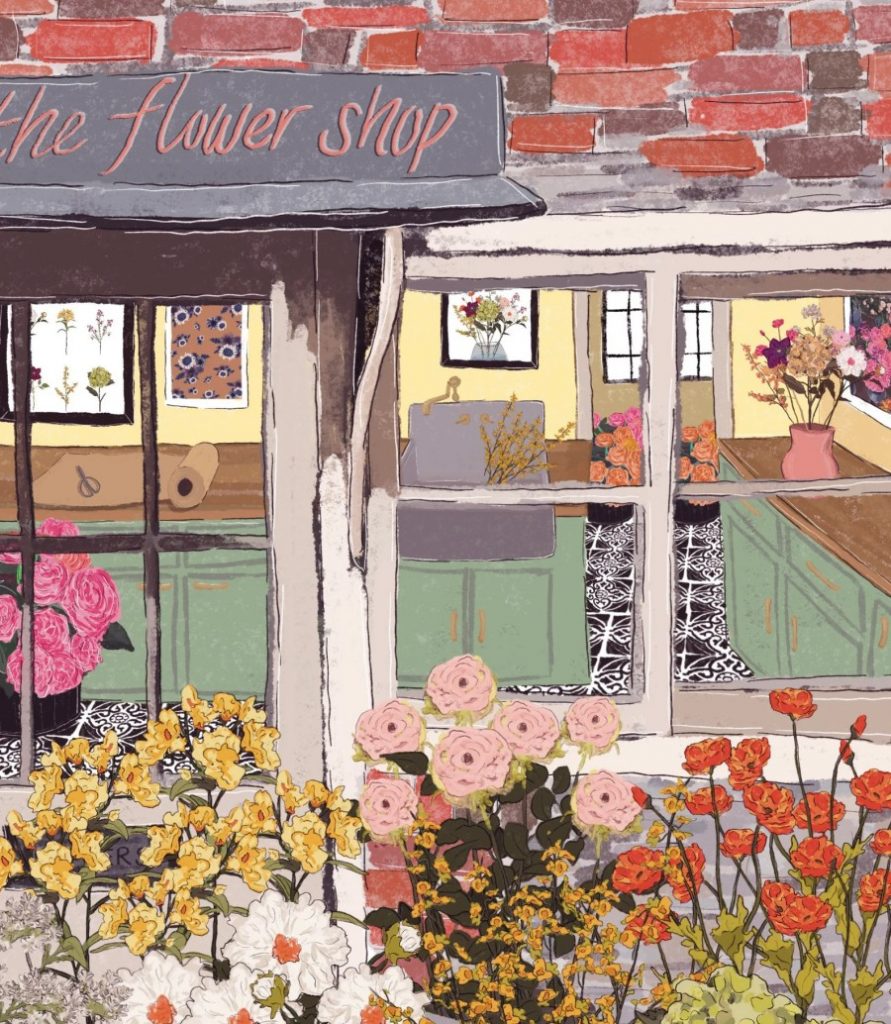
Many people buy flowers from florists, supermarkets and petrol stations, which arrive off long-haul flights covered in chemicals, feeling a bit the same as you would. They are frequently wrapped in plastic and have no scent (and don’t last long). Below are links to florists that sell local artisan seasonal flowers. This helps to retain heirloom varieties and encourages local farmers to grow organic flowers that help the planet and create local jobs.
- Organic Blooms (based near Bristol) sells locally grown organic flowers, in bouquets or buckets.
- Flowers From the Farm lists local indie floriests who grow artisan blooms – loved by bees and you!
- Common Farm Flowers (Somerset) sells local flowers for weddings, to create your floral arrangements (and offers workshops). For collection only, these flowers are locally grown and seasonal, so not available in winter.
If arranging flowers, use eco floral foam which is plastic-free. There are now alternatives like volcanic-based fibre-floral, an ideal investment for eco-florists. Florists and event planners can recycle bouquets with Floral Angels, that turn them into new bouquets (only use pet-safe blooms for homes with animals).
how well do you know England’s flowers?
Here’s a quick list! Again, know that many (including all bulbs) are toxic to pets, so know which ones to avoid planting or gifting:
- Anemones
- Bluebells
- Campunala
- Cornflowers
- Daisies
- Daffodils
- Dog rose
- Forget-me-not
- Foxgloves
- Fritallery
- Gentians
- Harebell
- Hellebores
- Honeysuckle
- Lilies
- Narcissus
- Orchids
- Roses
- Snowdrops
- Thistle
- Tulips
- Violets
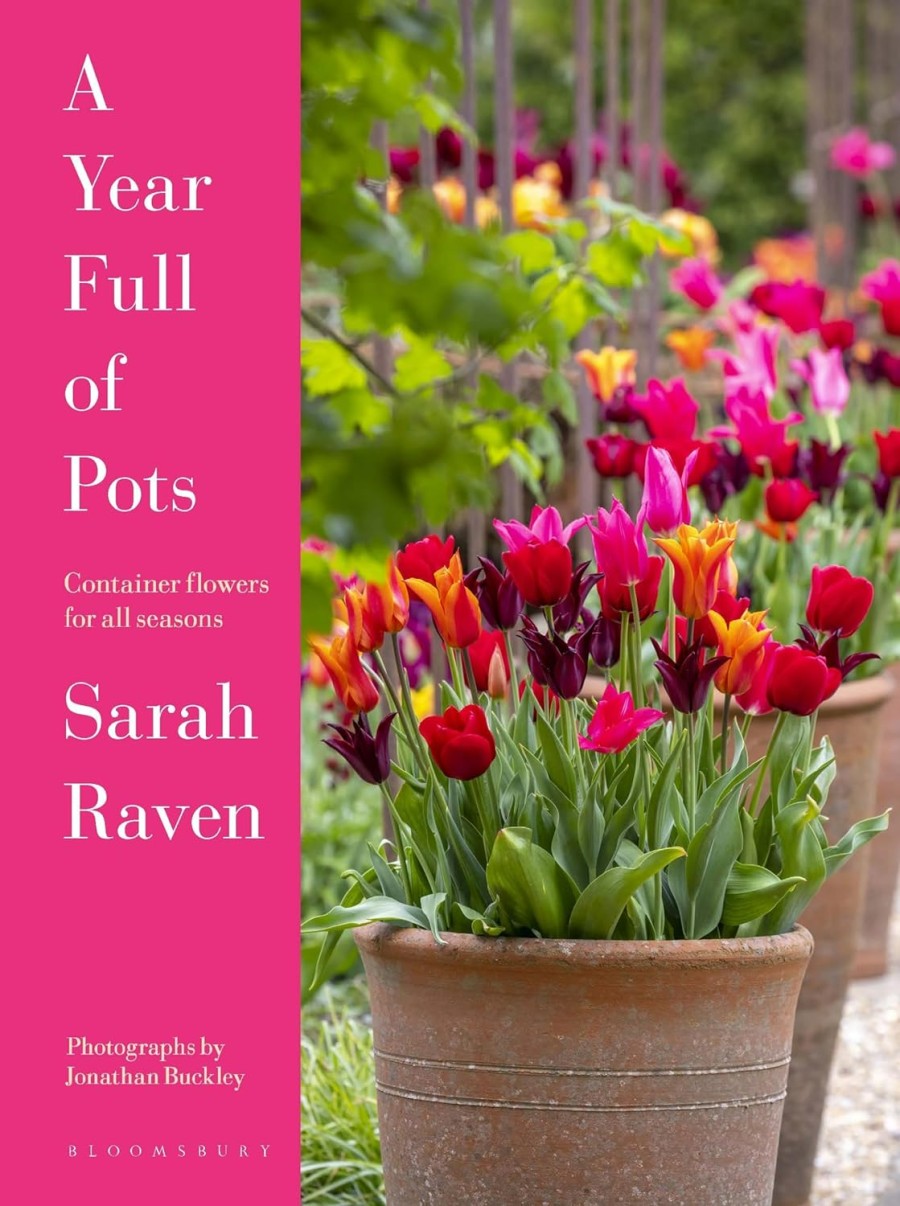
A Year Full of Pots shows how to bring any garden to life, whether you have a lawn and flowerbeds or not. Providing year-round inspiration, growing pots is simple for small city plots to large gardens, for a cheerful energy. Pots are the bubbles in champagne, the cherries on the cake.
Know that many flowers (including all bulbs) are toxic to pets. Learn how to make gardens safe for pets (includes indoor plants to avoid). Avoid facing indoor foliage to gardens, to help stop birds flying into windows.
Use tricks to combine flowers like choosing a bride (star of the show), a bridesmaid (smaller and less flashy) and gatecrashers (colour contrast, to bring things to life). Follow the seasons to make your own evolving tapestry of colour.
about the author
Sarah Raven is a teacher and popular garden podcaster, who specialises in cut garden flowers. She is the author of many books.

